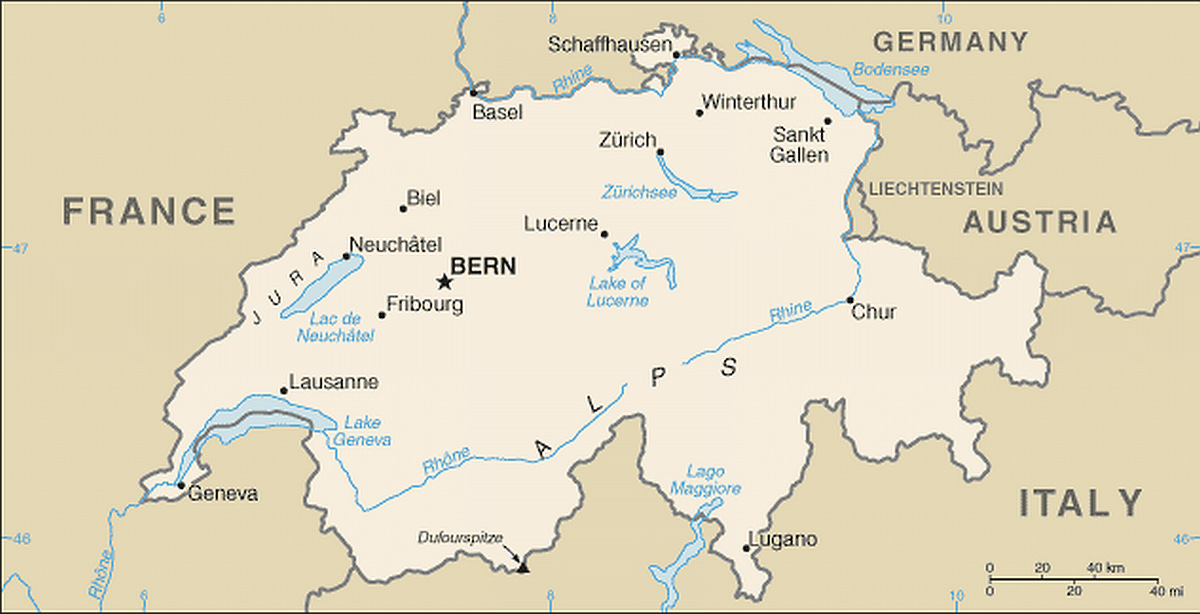Between 2,000 and 4,000 people affected in Switzerland
A recent review sheds light on the prevalence, challenges and management of Chagas disease. The study found that between 2,000 and 4,000 people are affected by this tropical disease. While most cases are due to migration, the study also shows that Chagas disease can be transmitted in Switzerland through mother-to-child transmission during pregnancy and childbirth. The vector, the triatomine bug, is not present in Europe.
One of the main problems with Chagas disease is that it is often underdiagnosed, particularly in non-endemic regions. Indeed, many cases remain undiagnosed or undetected for years, which can lead to serious cardiac or digestive complications if left untreated. Factors such as limited awareness among healthcare professionals, the absence of nationwide screening programmes and barriers to access to healthcare, especially for undocumented migrants, contribute to this underdiagnosis.
Establishment of the Swiss Chagas Network
To address these problems, the study team established the Swiss Chagas Network to eliminate this disease as a public health problem through coordinated measures. The network aims to interrupt transmission and provide adequate clinical treatment to people living with Chagas disease in Switzerland.
Key priorities include the integration of screening into prenatal and pediatric care for early detection and prevention of mother-to-child transmission during pregnancy and childbirth. In line with international guidelines, the Swiss Society of Gynecology and Obstetrics recently published an expert letter on screening, prevention and treatment of congenital Chagas disease.
Systematic screening of Latin American migrants, with particular attention to women of reproductive age, pregnant women and children, is essential. If appropriate measures are taken, Switzerland will be well positioned to achieve the goals of the WHO roadmap for neglected tropical diseases by 2030 and could become a model for other countries to follow. The roadmap sets global goals to prevent, control, eliminate and eradicate different neglected tropical diseases by 2030.
Chagas disease
Chagas disease, caused by the parasite Trypanosoma cruzi, affects between 7 and 8 million people worldwide, mainly in Latin America. The parasite can be transmitted by triatomine bugs, through food, blood transfusions and organ donations, as well as from mother to child during pregnancy and childbirth. Chagas disease is classified as a neglected tropical disease by the World Health Organization (WHO).






